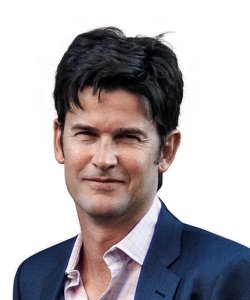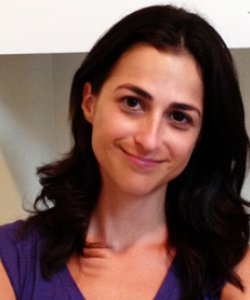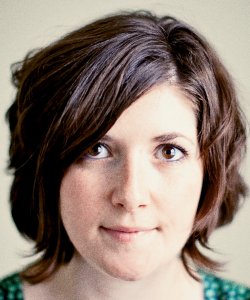Serious Monkey Business
One of the few existing literary magazines in translation, Monkey Business is a new journal of Japanese writing, translated into English by founding editors Motoyuki Shibata and Ted Goossen and published annually in the United States and Canada by the Brooklyn-based A Public Space.













